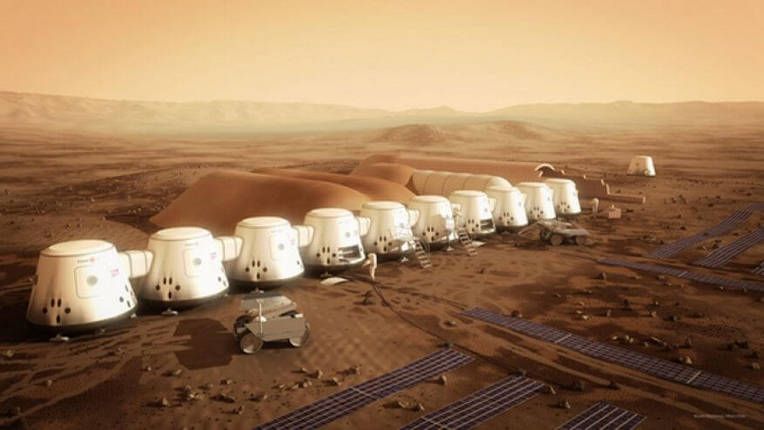Sending a handful of people certainly could serve as a proof of concept analogous to America’s Spanish and Portuguese outposts in the early 1500’s, or the English and Dutch settlements in the early 1600’s. In these instances the populations measured in the dozens and would not have amounted to a lasting European presence had they not been followed by thousands of new settlers over the next few decades. But, given our more advanced technology, our level of medicine, the idea that humans could have equipment that will utilize the Martian environment to produce food, air, and other consumables, and the certainty that settlers will not be at war with the Martian equivalent of the Aztecs or Incas—couldn’t a Martian settlement survive long term with just a low number of colonists?
The answer is no—not if the goal is a permanent human presence. Not if the goal is to provide our species with some kind of extinction insurance against planetary disaster on Earth, such as a mega-volcanic eruption, nuclear war, or some other existential threat. Mars setters can use technology to get air and food from the Mars environment, but early European explorers in the New World had access to one natural resource that mid-21st century Mars colonists will not be able to manufacture: a human gene pool.
If we really want Martian colonies, we can’t send just a few Adams and Eves. We can’t set-up a Martian Jamestown of 100 people. Long-term survival will depend on the genetic diversity of a large gene pool, and this means the Elon Musk plan of sending thousands might be the only colonization plan that could work.
